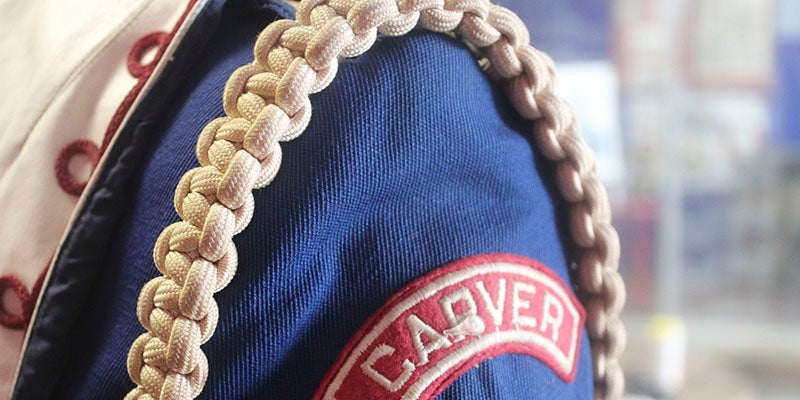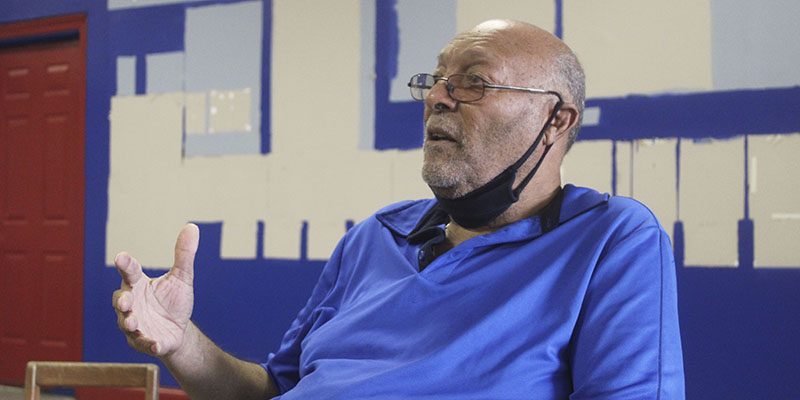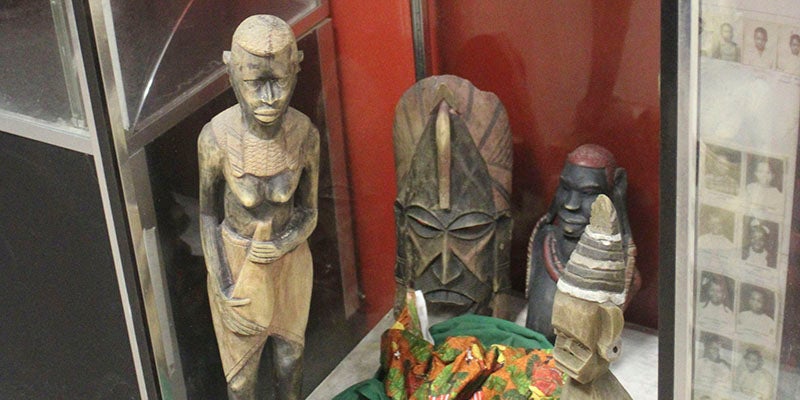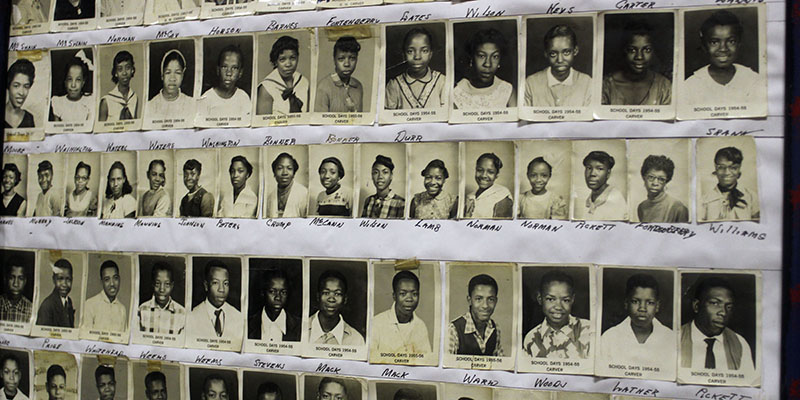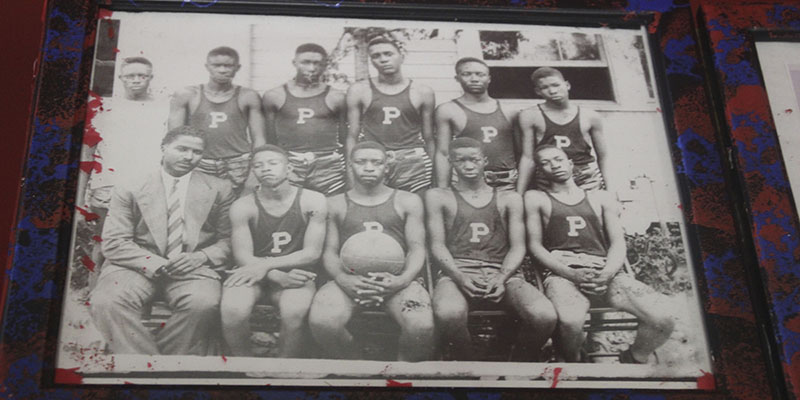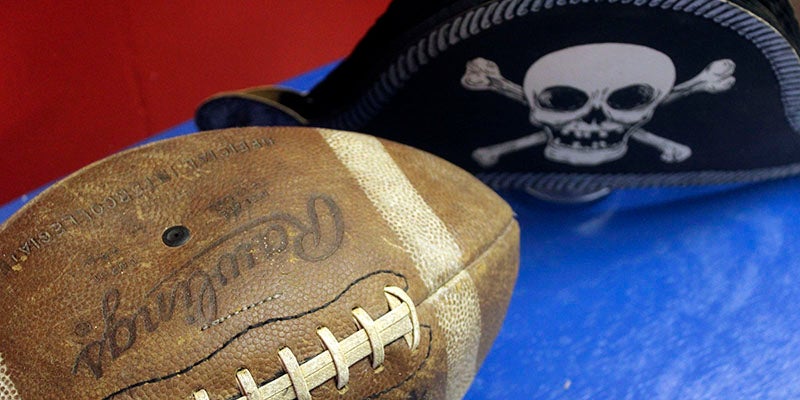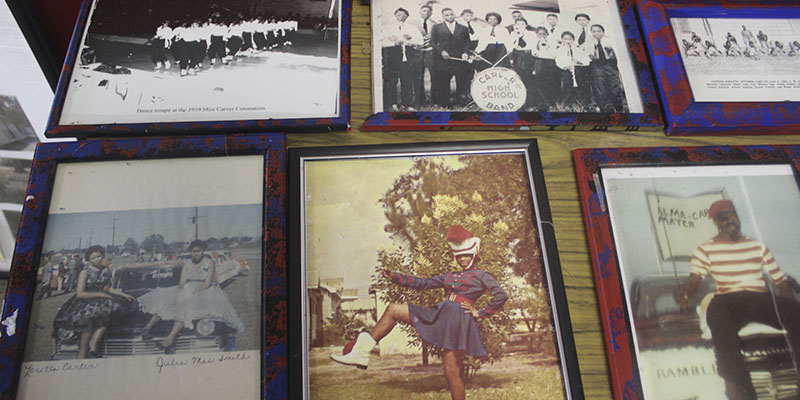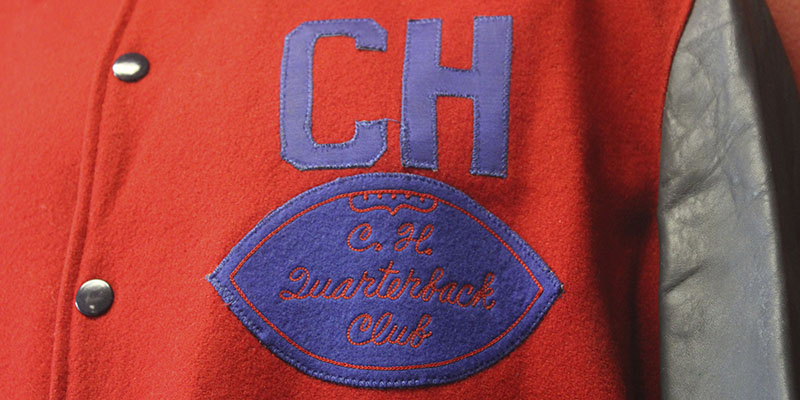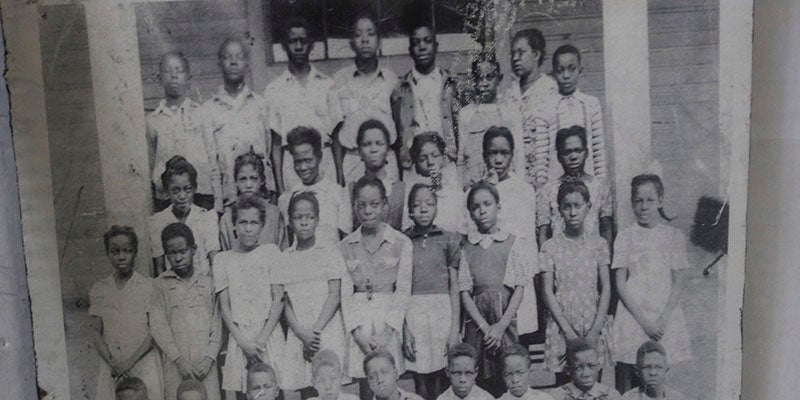Museum needs help to preserve Picayune history
Published 7:00 am Saturday, June 27, 2020
The Picayune Carver Culture Museum is undergoing a rebirth, after operating since the mid 2000s in the Mississippi Mall.
The museum keeps local history alive, with a focus on the legacy of the first Black school in Picayune, George Washington Carver, which closed in 1970 when schools were integrated. The exhibits in the museum focus on Black owned businesses, prominent Black business owners, government employees, politicians, veterans, artists and community members from Picayune.
“I was taught you need to know where you come from to know where you’re going,” said Clinton Baker, the museum’s founder.
Baker graduated from George Washington Carver in 1959 and was part of the school’s football team, which set a long-standing record by winning 64 consecutive games. He learned about Black history at the school and wanted to create something in Picayune that would enrich kids.
“I wanted to give back what had been given to me,” said Baker.
At first people were hesitant to donate items to the museum, but after five years of gathering artifacts like band uniforms, textbooks and photos of students, Baker said he was able to open the museum.
The museum operates out of an otherwise vacant space in the Mississippi Mall, at 1308 South Haugh, in Picayune. The museum’s board decided it was time to bring new life into the space and began renovations in November. Currently exhibits are closed to the public as exhibits are cleaned and old photos are put in new frames. Volunteers are needed to help refurbish the space on July 11. The museum needs volunteers willing to clean, paint, move items in a truck, do carpentry work or help with landscaping.
The older generation has been trying to keep the museum alive, said Vinner Scott, the museum’s current director.
“This is an exhibit that the city of Picayune needs to see,” she said. “Picayune as a whole needs to understand that Picayune has a history and a lot of the Black residents of this city made history.”
Remembering the school and the history of Black owned businesses and Black leaders in Picayune is important, said Toni Watts, who attended the Carver elementary school and serves on the museum’s board. Unless it is preserved, that historical knowledge will be lost, she said.
Students at the school received used textbooks from white schools, recalled Baker. Every textbook had a white student’s name written in it. Still the school was accredited which allowed graduates to go to college without being required to take remedial courses, he said.
The school’s football team was well loved, said Baker, and Coach Marion Henley had innovative approaches to coaching. The coach stressed “skull practice,” making sure team members studied academic knowledge, said Baker.
“Teams didn’t play us to beat us. They played to score on us,” said Baker.
Before it was named after George Washington Carver, the school began as the Picayune Colored School, said Watts and served students from Picayune to Poplarville. The building Carver High last occupied is Southside Elementary School.
To find more information on volunteering for the museum email picayunecarverculturemuseum@gmail.com.


